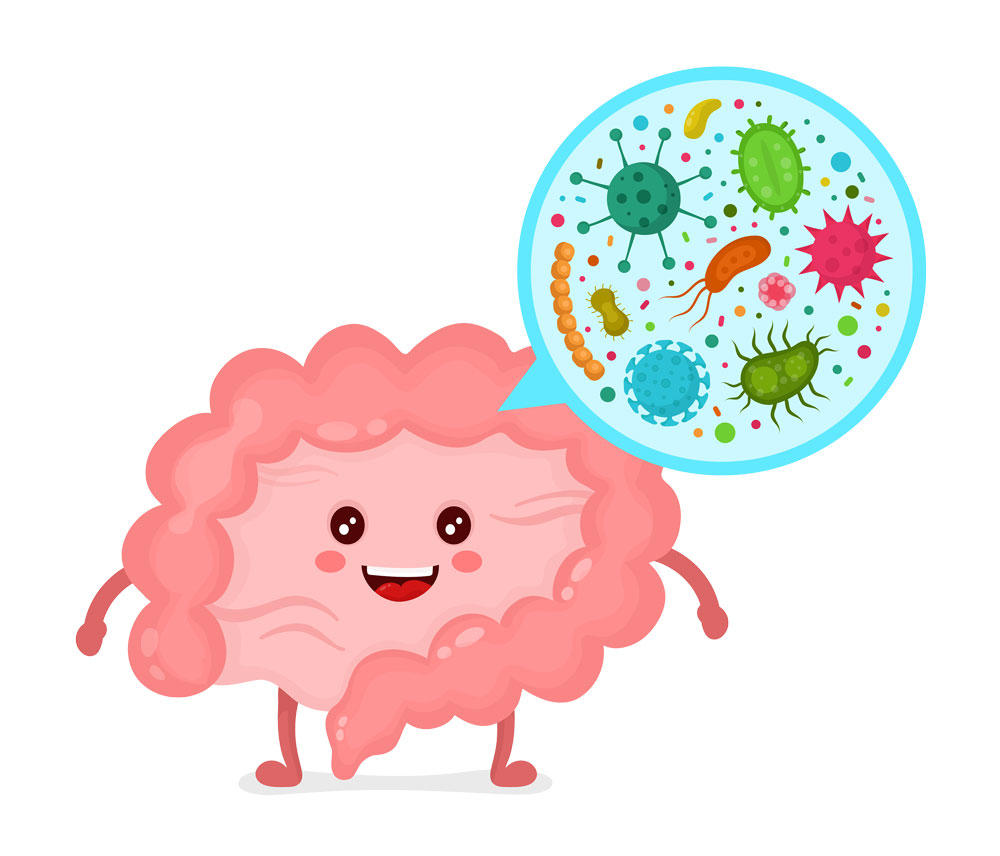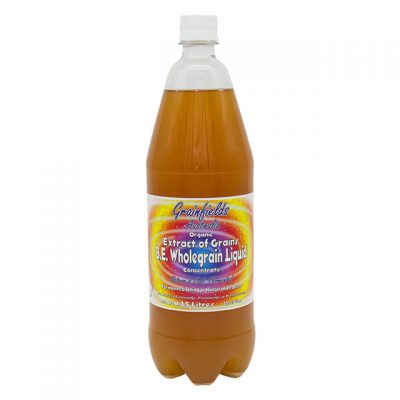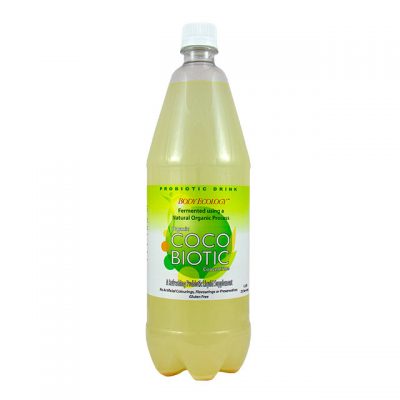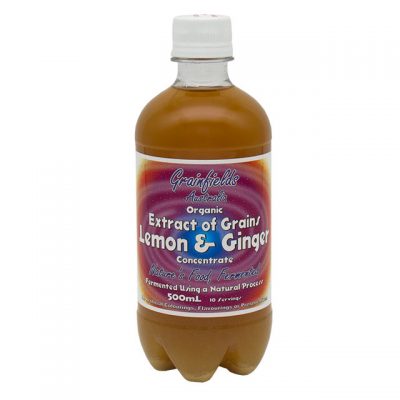Remember that old saying- “You are what you eat”? Well, there is some truth in this saying. Which is why there is also so much research and many books that have been written about the importance of diet, the foods we eat and how they can have an impact on how good we look and feel. Of course, we all know that the food we eat goes from our mouth, straight into our digestive system and our gut. The state of our gut can impact just about every area of our health and wellbeing from our digestion to our immune system, to skin health, and it is also an influence in reducing the risk of many diseases and other health issues.
The gut is like our engine room, it is right at the core of our health universe, and it is also known as our second brain. The brain and gut nervous system are connected by a complex neural network known as the brain-gut axis. Because of this gut-brain connection, the microbes in the digestive tract can influence our emotions. When the gut microbiome is healthy and contains enough friendly flora, it’s able to help balance our state of mind.
So how can eating more fibre and fermented foods help with our gut health which in turn effects our overall wellbeing?

A plant-based, high fibre diet is a good starting place for good gut health. Research has shown that people who eat more fibre have more diverse gut bacteria, and this is important because we need many types of good bacteria in our gut, all working together to keep us healthy.
Probiotics are the live bacteria that are found in our gut and in the foods we eat. Fermented foods are a great source of natural probiotics. Some common fermented foods include kefir, yoghurt, sauerkraut and of course, the Grainfields range of fermented super food products.
Probiotics, (and that includes the naturally occurring probiotic bacteria found in fermented foods) can help reduce the number of harmful bacteria in the gut. Grainfields liquids in particular are a live active source of good bacteria. Ensuring we have enough good bacteria is particularly important after a course of antibiotics. Antibiotics are needed to fight off infections and bad bacteria, but they will wipe out all the good bacteria as well which impacts the balance of the gut microbiome.
Prebiotics lay the foundation for the gut microbiome to flourish, as they are the fibres found in foods that feed the good bacteria and are important in maintaining a healthy and balanced gut. Prebiotic fibre rich foods include fruits, vegetables, legumes, nuts, seeds and wholegrains.

As well as providing nourishment for our good gut flora, a high-fibre diet helps keep body weight under control and lowers LDL (bad) cholesterol levels which may help reduce the risk of heart disease, type 2 diabetes, and some cancers.
Having a healthy gut microbiome also aids digestion and helps with the absorption of vital nutrients from food.
A thriving diverse gut microbiome supports our immune system to help fight off infections and protect against inflammation. An imbalance in the gut microbiome can lead to inflammation in the gut. Inflammation may not be the only cause of chronic diseases, however researchers believe it to be a contributing factor to health issues such as obesity, diabetes, skin diseases including atopic dermatitis and psoriasis, inflammatory bowel diseases, heart disease, Alzheimer’s, stroke, and many cancers.
There are so many positive health benefits to gain from including more fibre and fermented foods in our day-to-day diet.
Sources: How and why to fit more fibre and fermented food into your meals- By Matthew Solan, Executive Editor, Harvard Men’s Health Watch. Reviewed by Howard E. LeWine, MD, Chief Medical Editor, Harvard Health Publishing. April 26, 2024. med.stanford.edu news/all-news/2021/07/fermented-food-diet-increases-microbiome-diversity-lowers-inflammation





